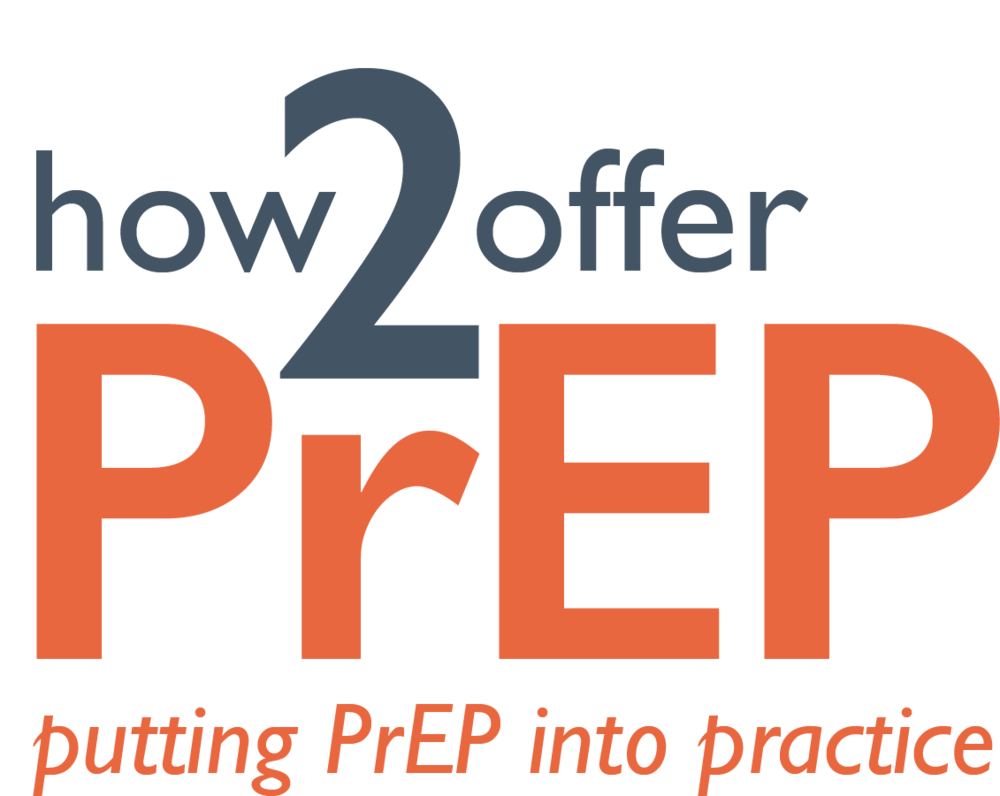The AIDS 2000 conference in Durban as a watershed for the global struggle against HIV. The speech by the late President Nelson Mandela, included these powerful words....
"I come from a long tradition of collective leadership, consultative decision-making and joint action towards the common good. We have overcome much that many thought insurmountable through an adherence to those practices. In the face of the grave threat posed by HIV/Aids, we have to rise above our differences and combine our efforts to save our people. History will judge us harshly if we fail to do so now, and right now " (Source: Nelson Mandela Foundation).
Cyril Ramaphosa, the Deputy President of South Africa, spoke at a press conference on July 18th, 2016 about the progress and challenges for South Africa's response to the HIV/AIDS epidemic. His words included an appeal to make PrEP available for adolescent girls and young women, and young men as well.
"... Adolescent girls and young women between the ages of 15 and 24 accounted for 20% of the new infections globally last year. This means that as we work harder to provide testing and counseling services, we need to assure that adolescent girls and young women - and young adults more broadly - men and women - receive information and advice and are able to access services such as condoms, and when necessary, pre-exposure prophylaxis."
This may be the first time that PrEP has been mentioned by a senior political leader in the Africa. The Governor of the State of New York has championed PrEP, and President Barak Obama highlighted the discovery that PrEP was safe and effective as groundbreaking. Yet, comments from senior officials in Africa about PrEP have been harder to find.
These moments give some insight into the origins of political will, which is so essential for advancing the struggle against the HIV epidemic, including providing access to PrEP. Political will appears to arise with compassion, an appeal to broader collective action, and a willingness to put aside individual differences in a common struggle against HIV. Key to this is good surveillance information that allows leaders to see where the epidemic is occurring, with respect to age, sex, and geography. Having a populace that is educated about HIV is also key to winning political support - as political leaders in democracies, such as South Africa, will ultimately listen to the currents of voter concerns, especially when national elections are imminent. The many social benefits of PrEP are compelling, including feeling safe, feeling empowered, and capacity to foster relationships. As people come to demand PrEP, politicians who play a role in making it available will enjoy greater popularity.


